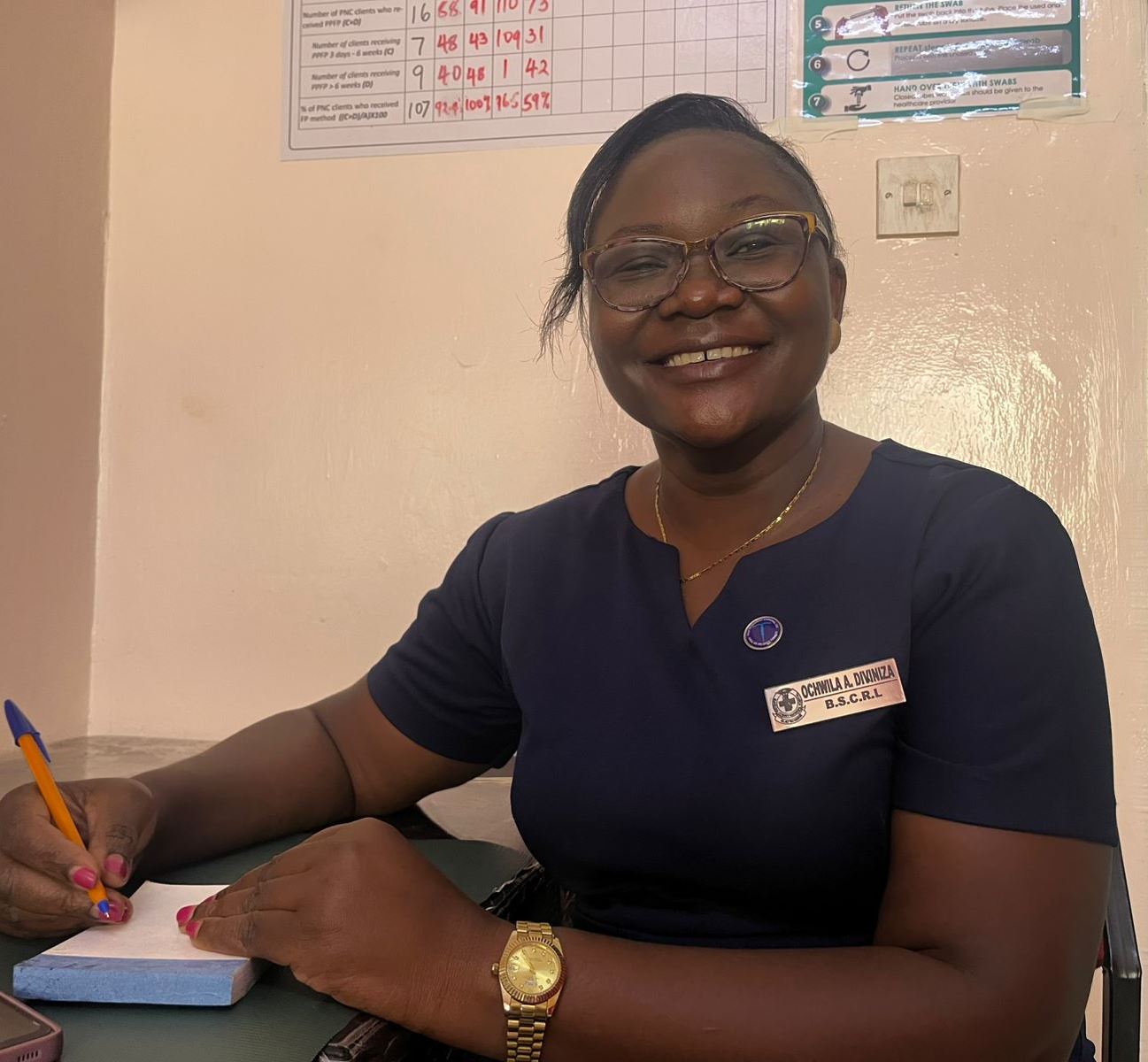By Tony Wafula
Adelight Khayanje, a resident of Sango in Tongaren Constituency, Bungoma County, shares her story to raise awareness about the limitations of modern family planning methods. A mother of six, Khayanje had relied on the coil as a long-term contraceptive method, believing it would give her full control over her reproductive health.
For 12 uninterrupted years, she was on the coil and remained confident that she had made the right decision. “I opted for the 12-year family planning method because I wanted to raise the children I already had and only plan for another child when I was ready,” she explained.
After the 12 years had elapsed, Khayanje had the coil removed at a local health facility. She successfully conceived and gave birth to her planned lastborn child. Everything seemed to be going according to her intentions.
To unlock the full article:
Choose one of the options below:
- Ksh 10 – This article only
- Ksh 300 – Monthly subscription
- Ksh 2340 – Yearly subscription (10% off)
“After giving birth to my lastborn, I went back to the hospital and had another coil inserted,” she said, adding that this time she was certain she had closed the chapter of childbearing.
However, just three months after the procedure, Khayanje was shocked to discover that she was pregnant again.
“I was disappointed after getting pregnant, especially because it was not in my plan,” she recounted.
She added, “I had trusted the method and was shocked that I conceived even after getting the coil.”
Khayanje strongly believes that the mistake may have stemmed from a poorly executed procedure.
“It’s possible that the person who inserted my coil did not do it properly,” she said.
Despite her personal experience, Khayanje, who is also a Community Health Promoter (CHP), remains an advocate for family planning. She emphasises that while contraceptive methods are helpful, they are not foolproof.
“Family planning methods aren’t 100 percent perfect. Women and couples should be made aware of that reality,” she said.
Khayanje has now taken it upon herself to sensitise fellow women and families in Sango and surrounding areas about the importance of family planning, while also educating them on the potential risks and limitations.
She commended organisations such as Marie Stopes for their efforts in helping families access reproductive health services in rural areas.
“Marie Stopes has played a big role in supporting couples in our villages to plan their families. We’ve seen reduced cases of unplanned pregnancies and more women are empowered to make informed choices,” she said.
“Let us not shy away from planning our families, but let’s also remember to follow up on our reproductive health and ask questions when things don’t feel right,” she affirmed.
The Kenya Demographic and Health Survey (KDHS) 2022 reports that in Kenya, 70% of sexually active unmarried women use some form of family planning; 59% use a modern method. The most popular method among this group is the male condom. The use of implants is higher in rural areas (16%) than in urban areas (7%).
KDHS further states that 63% of married women aged 15–49 use a form of family planning, with 57% using modern methods and 6% relying on traditional ones.
The most commonly used methods among married women are injectables (20%), implants (19%), and pills (8%).
Diviniza Ochwila, a senior nursing officer and reproductive health nurse at Bungoma County Referral Hospital (BCRH), confirms that although modern family planning methods are highly effective, there remains a slight possibility of pregnancy.
She explains that several factors may contribute to this outcome.
“It is true that some women on family planning methods can still get expectant. The risks are minimal—just about one percent—but they do exist depending on individual circumstances,” she said.
Ochwila notes that factors such as inconsistent use of contraceptives and interactions with certain medications can compromise their effectiveness.
“There are specific medications that interfere with contraceptives. For instance, conditions like obesity and diabetes mellitus can affect hormonal balance and enzyme activity in the body, which in turn alters how contraceptives work. That is why we always conduct a thorough medical assessment before giving any family planning method,” she said.
She further noted that other health conditions, such as breast and cervical cancer, as well as pulmonary diseases, may also impact the suitability and performance of contraceptives.
Ochwila highlighted that women who opt for short-term methods, such as oral pills, are particularly vulnerable to unintended pregnancies if they fail to adhere strictly to the prescribed schedule.
“These pills are meant to be taken daily at the same time. If a client forgets or fails to follow instructions, the chances of becoming pregnant increase,” she said.
In such cases, she advises using back-up methods such as condoms.
“If a client is using short-term methods and doesn’t follow the instructions properly, she should consider using condoms during sexual activity to prevent pregnancy,” Ms Ochwila stated.
She added, “One out of every 100 women using any form of family planning might still end up getting pregnant.”
At BCRH, Ochwila confirmed that cases of method failure have been reported even with correct usage. She gave an example involving intrauterine contraceptive devices (IUCDs), noting that although they are long-term and reliable, there are occasional complications.
“Some clients experience severe cramping after IUCD insertion. In such cases, they should take pain relievers such as paracetamol, and if the pain persists, they must seek medical help immediately,” she said.
She explained that after insertion, the body may treat the IUCD as a foreign object. As a result, the device could be expelled without the client realising it, leading to an unintended pregnancy.
“That’s why we require clients to come back for follow-up visits one month after insertion, then during the third and sixth months. By the sixth month, the uterus usually adjusts to the device, reducing the risk of expulsion,” she affirmed.
Ochwila also emphasised the importance of proper technique and expertise during IUCD insertion.
“The skill of the healthcare provider is crucial. Inserting the IUCD incorrectly can compromise its effectiveness; clients should only seek these services from experienced professionals,” she added.
She noted that measuring the uterus before insertion is vital.
“If the uterus is below 4.5 cm and we insert the device, it may not reach the correct position and could fall out. If the uterus is larger than 9 cm, the IUCD might not sit close enough to the endometrial walls, making it easier for sperm to reach the egg—which could lead to conception despite the presence of the device,” she said.
She added, “Sometimes, clients report becoming pregnant while they still have an IUCD. But when we trace their history, we often discover that certain steps were missed—either during insertion or follow-up.”
Despite this, Ochwila assured that such incidents are rare. “Roughly one in every 1,000 women with an IUCD might still conceive. When that happens, we advise the client to return for further consultations and monitoring.”
On condom use, Ochwila clarified that they are often misunderstood. Many people think condoms are just for pleasure, but they are also a valid family planning method.
However, she noted that improper condom use can result in pregnancy.
“We have witnessed cases where condoms burst during intercourse. If this happens and the client doesn’t seek emergency contraceptive pills—especially during ovulation—she could become pregnant,” she stated.
She also reported incidents of condoms slipping off and remaining inside the vagina.
“When this happens, semen is still deposited into the reproductive tract. If the woman is fertile and doesn’t take emergency contraception, she could conceive,” she said.
Ochwila stressed the need for education, proper medical assessments and consistent follow-ups for all clients using any family planning method.
“Family planning is effective, but only when used correctly and with adequate medical guidance,” she said.
She further stated that to help communities understand and embrace family planning, Marie Stopes launched awareness campaigns in the region that helped people appreciate the benefits of modern methods.
“We appreciate Marie Stopes because they have carried out frequent family planning workshops for healthcare providers, administrators, midwives and Community Health Promoters (CHPs), which have helped people understand the importance of family planning,” she noted.
[/full]




